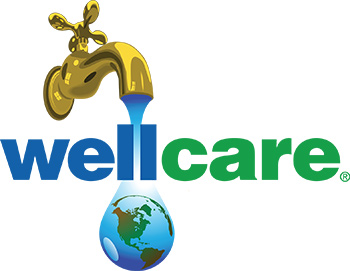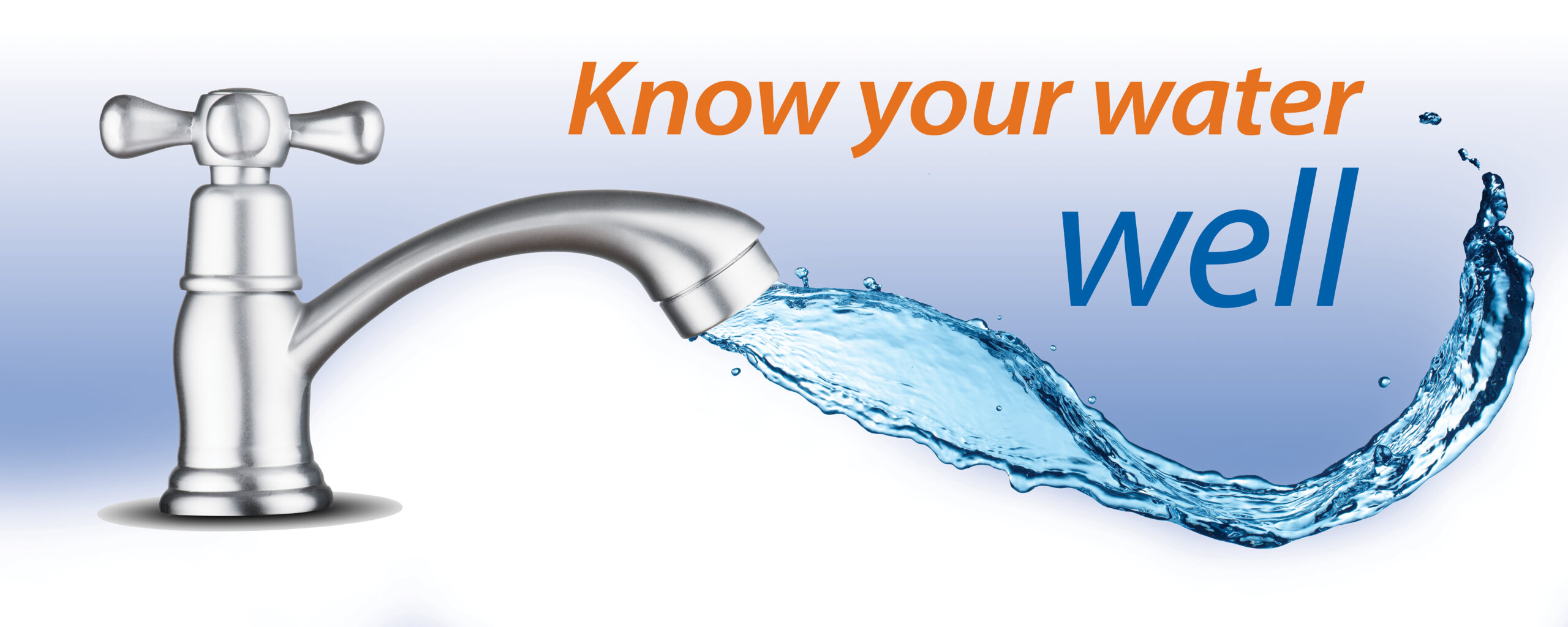| First and foremost, it is important to note that not all well water needs to be treated. Most well water comes from groundwater and is a safe, reliable drinking water source for you and your family. Before considering any type of water treatment, you should have your water tested by a certified water testing laboratory. If you need help locating a water testing laboratory or determining what to test your water for, contact the wellcare® Hotline at 888-395-1033, or read our Well Water Testing information sheet and use our interactive map.
If your water tests positive for a contaminant, the important question is whether the contaminant found poses a threat to your health at the level it was found. Many contaminants do not pose a threat to health, but can cause the water to change color, cause staining, have an odor, or have an unpleasant taste. Use our wellcare® information sheet Understanding Your Well Water Test Results or contact the wellcare® Hotline to help with interpreting your results. Selecting Water Treatment As a private well owner, you are responsible for taking the right steps to keep your water clean. The more you know about the quality of your water and what treatment may be needed, the more likely you will be able to avoid unnecessary, costly, or inappropriate equipment. Only one water treatment – disinfection or shock chlorination – is managed easily at home. Most other treatments require the service of a certified water treatment professional. If you need water treatment, contact your licensed well contractor for recommendations for treating the problem or locate a water treatment professional in your area using the Water Quality Association’s website. Well owners have four primary options for water treatment:
Before purchasing a water treatment device, ask if it has been approved by NSF International, a non-profit group that develops standards for equipment related to public health. NSF International certifies water treatment devices as effective in removing specific contaminants. You can search for certified water treatment devices on NSF’s website. Download our Water Treatment information sheet to learn about the different types of treatment options available. Discuss treatments options with your water treatment professional. |

